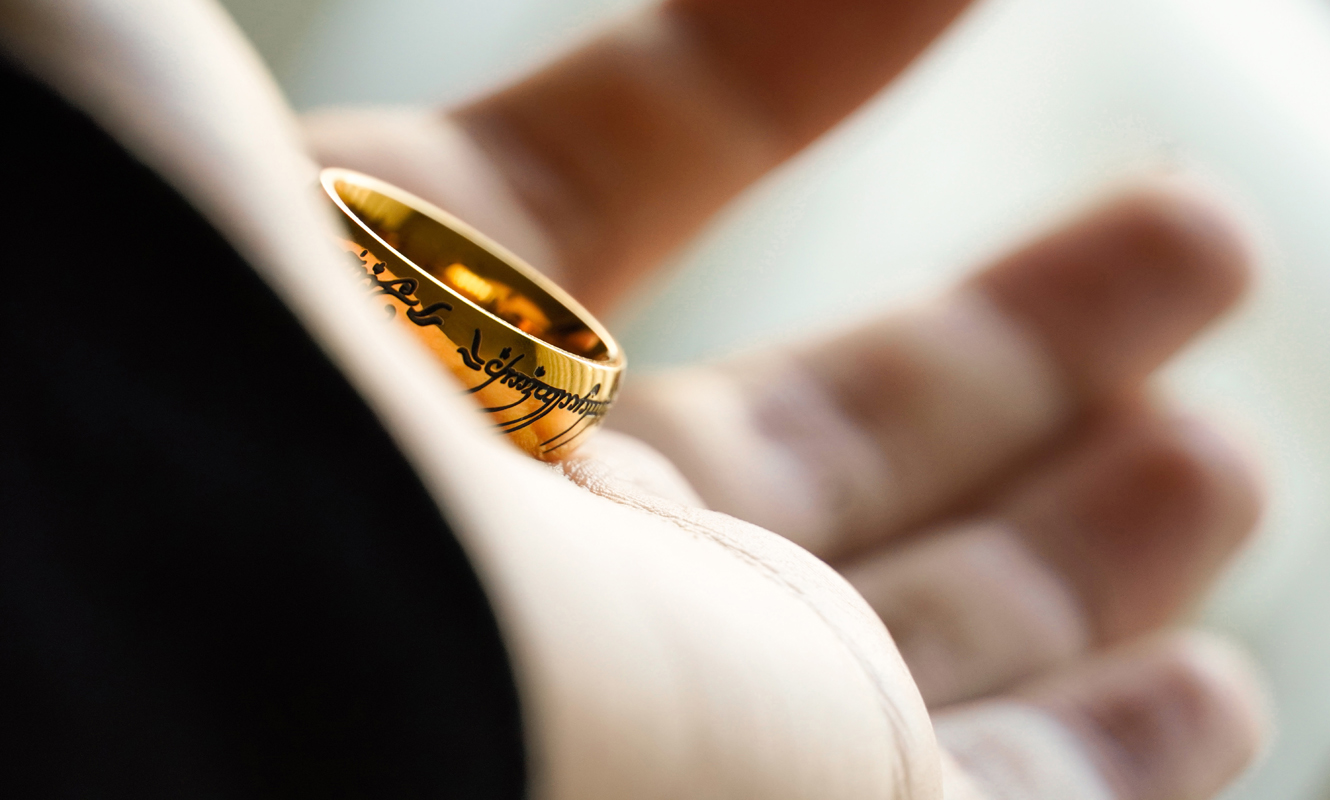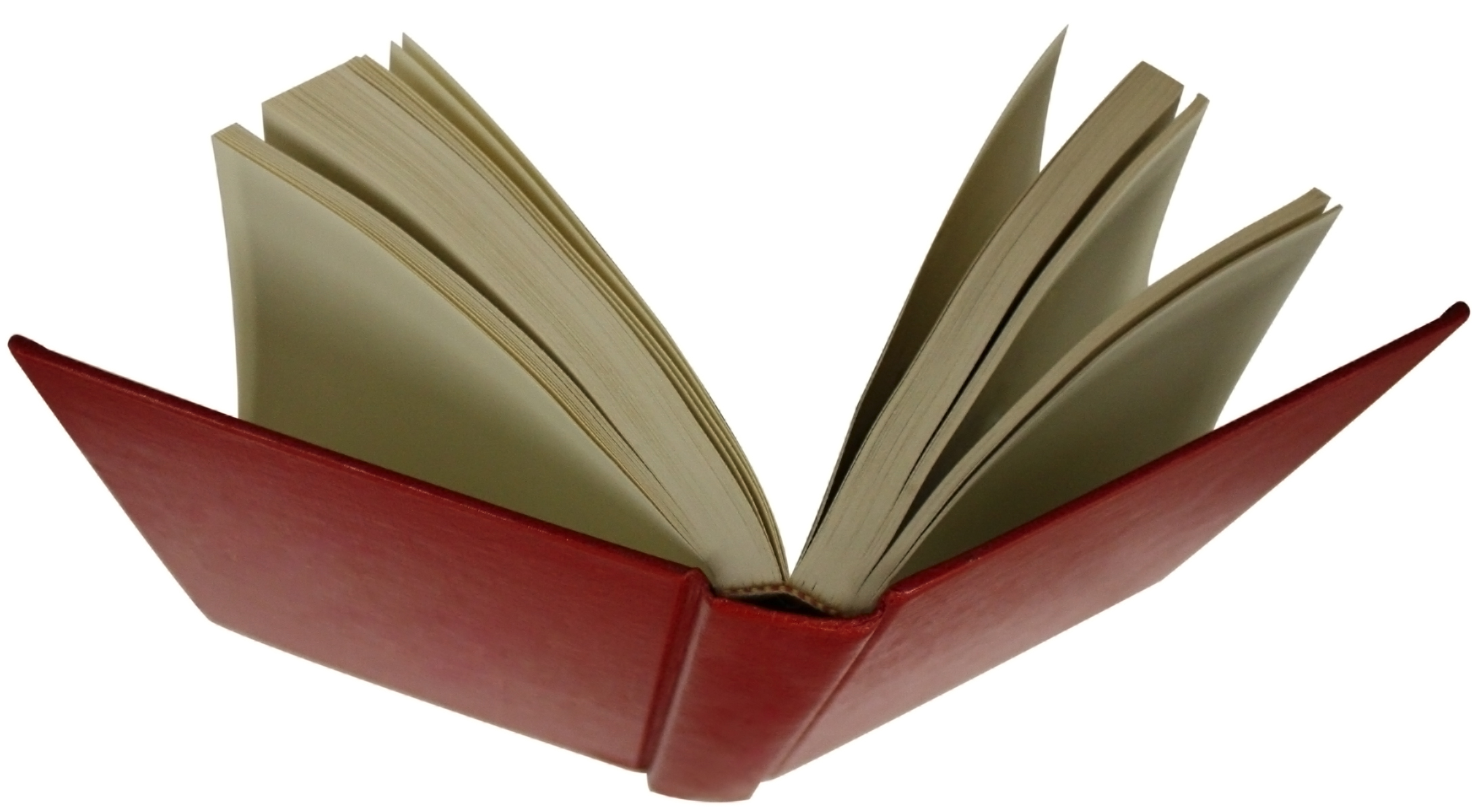Chatty reading
As my youngest read to me today, I found myself reflecting on reading styles — and wondering how much they are a function of maturity, or personality, or ?
My youngest is a chatty reader. Every page or two, she stops reading the text to offer commentary, study the pictures, ask questions, or flip back a few pages to check on a detail.
“I like this book! You know I think I’ll read all the way through right now.”
“Who are those children, Mommy? Are those the gods? They look like children!”
“Look, I see: deer bones, cow bones, people bones, duck bones, and a rib cage. And a… Is that a spine, Mommy?”
“Oh, I think I must have skipped a page. Yes, I’m sure I did skip a page. Just a minute while I check….”
“See? I told you there was a spear. There’s the spear!”
“This is a good book, and it’s so much shorter than I thought. How many pages have I read? 25. But it seems like less than 25 because they’re so short. It’s going very fast…”
It made me wonder how many of these inner conversations I may have once had, or may be tempted to have now, but squelch. Even when I’m reading aloud to the girls, I don’t often answer their questions. They don’t ask very many, but when they do, I usually acknowledge with a nod and keep going. Part of this is because they know by now that if I were to answer, it would only be to say, “Good question. Let’s see what happens.” But part of it is that I place a high value on the momentum of the story. (Is this a good quality, or does it make me a human audiobook?)
In my own reading, it’s a constant struggle between the desire to linger over certain phrases or concepts, to write them down in my notebook — and the desire to push forward and hope I don’t forget, because reading time is in short supply and I want to cram in as much of the book as possible in whatever limited time frame I have to work with.
And part of it is discipline, learned in the long years of school when you needed to read the seemingly impossible pages assigned in the seemingly impossible time frame you were given, exercising quality concentration so you would remember it. There are benefits to having this discipline in place — though I am a far cry from being the kind of serious reader who jots a brief outline at the end of each chapter in order to cement it in place in the mind. I tend to scribble half-thoughts in margins, and underline things for further consideration when I return to them in the “later” that only sometimes comes.
I think I am able to read more, at least in terms of quantity, than I would if I paused to consider more. But listening to Miss Chatty as she converses her way through Pegasus (driving both me and her older sister nearly over the brink with impatience), I wonder how much I miss.



10 Comments
Polly
I think Miss Chatty and I are kindred spirits. I have those inner conversations while reading all the time and I often read out of order and go back to check details. It all works for me…not particularly well with e-books though. :::sigh::: that is a draw back. I know it definitely makes me a slower reader, less disciplined, but I have fun. Since I talk to myself so much while reading I often depend on the Table of Contents to keep me focused on the cohesive whole of a book.
Your girls are so cute!
Carrie, Reading to Know
=D That would be interesting. I’m not sure how I would do with that. (I think I’d feel impatient.) However, I do have to remember to stop myself and force conversation with Bookworm1 (age 4) to make sure he’s following along and getting the story. I guess I’d like to be somewhere in the middle of chatting it all up and listening in stoic silence. There’s certainly value in the way she processes story!
Mouseprints
My older daughter (7) is exactly like this! She wants to talk about everything as we go along, even when we read aloud. It used to annoy me, but I’ve come to realize that she needs the clarification, explanation, and pause as she digests everything.
When I was at the Midsouth homeschool Convention this last weekend, Jim Weiss spoke of the necessity of stopping every now and then to clarify or explain something, especially if they interrupt with a question. And then you re-group with, “Now where were we? Oh yes, they were just…” Because it does no good to continue reading something if they’re not understanding the context or situation, etc.
Janet
That’s a good point, and I do stop and deal with comprehension questions. The ones I usually get are “Is X going to happen?” and I won’t stop for those — don’t want to give away the story!
The daughter I’m writing about here is 7, too. :-)
Mouseprints
It must be the age!
Barbara H.
I can’t remember if my kids did this except when they were very little — I don’t remember if even then, though. I had to smile at your daughter’s chatter, and I think I’d get impatient, too — I like to press on to see what happens next. But I wonder which way garners the most comprehension. Though I’m sure it is more a matter of style and personality rather than either way being more “right.”
Amy @ Hope Is the Word
It’s interesting, isn’t it, to see what kind of readers/learners/thinkers our children turn out to be. My Lulu keeps her reading to herself, mostly. I do like to watch when she reads a funny part (or just a “good” part)–a beautiful smile breaks over her face.
Very thought-provoking post, as usual, Janet.
Janet
She only does it when she’s reading aloud to me. I’m thinking maybe it is part showmanship, or prolonging the experience of having that attention and closeness. But it’s also partly just a way of (as Carrie said) processing stories that’s different from mine.
That sounds lovely — you reading Lulu’s face while she reads the story. :-)
bekahcubed
I am definitely NOT like Miss Chatty in my reading–although I forced myself to act like her while reading Graeme Base’s books on my way through my local library. That author embeds riddles in each of his picture book layouts–and you don’t get the full experience unless you at least TRY to solve the riddles. I had the hardest time at first because I just couldn’t abide spending so much TIME on a single page. Once I resigned myself to the slowness of the process, I found that I enjoyed them a great deal more–so much so that I’m inclined to recommend them to curious kids (although I have no clue what ages would best appreciate Graeme’s riddles.)
That said, I don’t at all mind being back to the books I can just breeze right through without having to pay too much attention to the illustrations! :-)
Janet
Sounds like we have some of the same reading DNA!
I’ve never heard of Graeme Base. Thanks for the intro — now I’m curious.